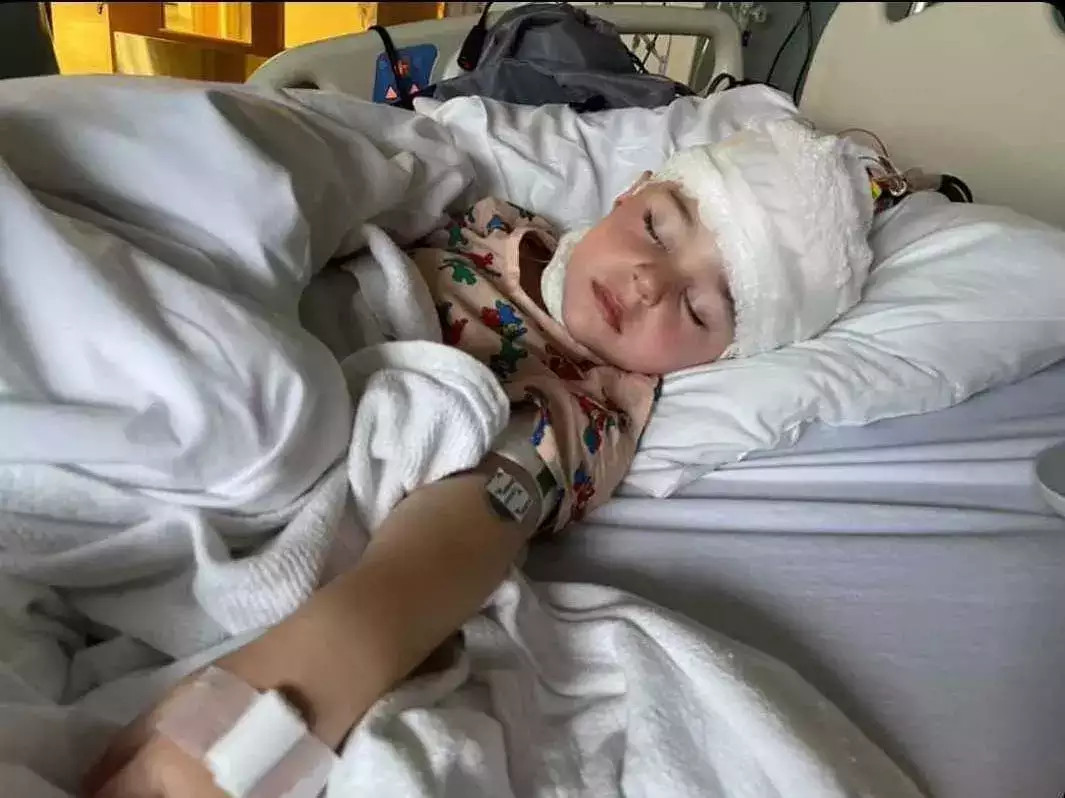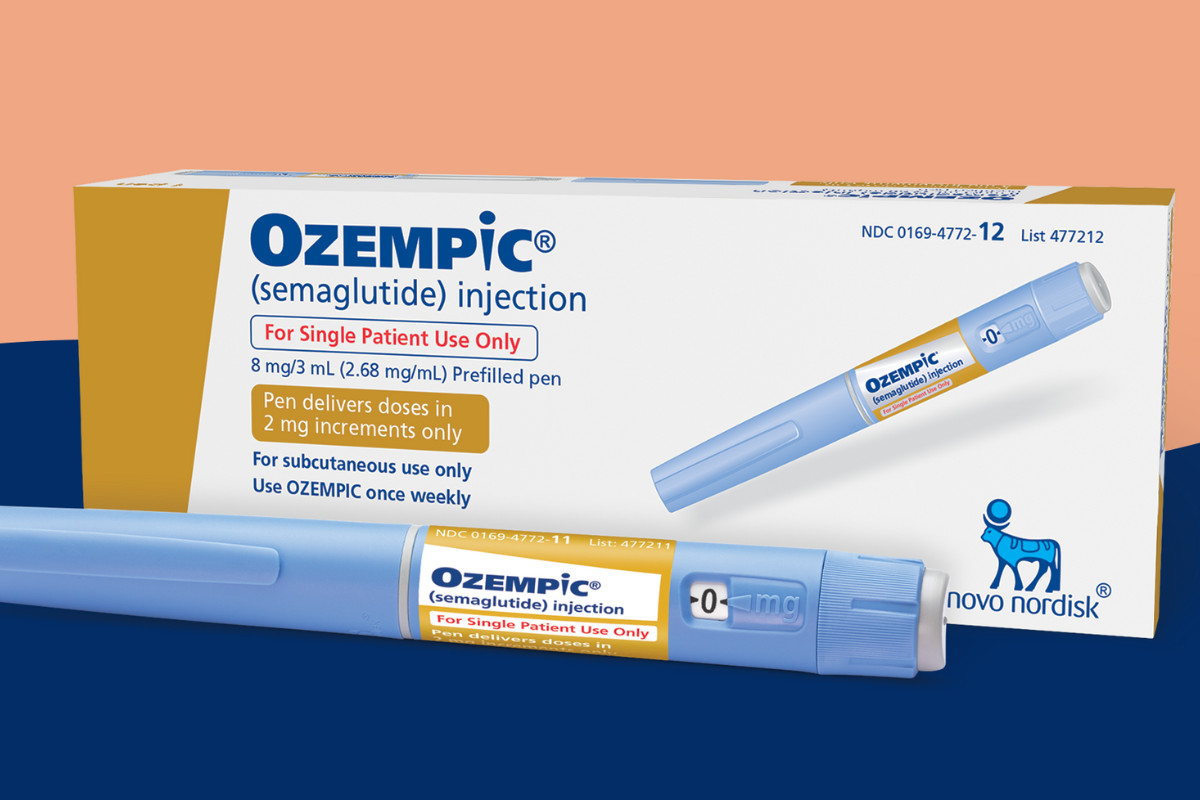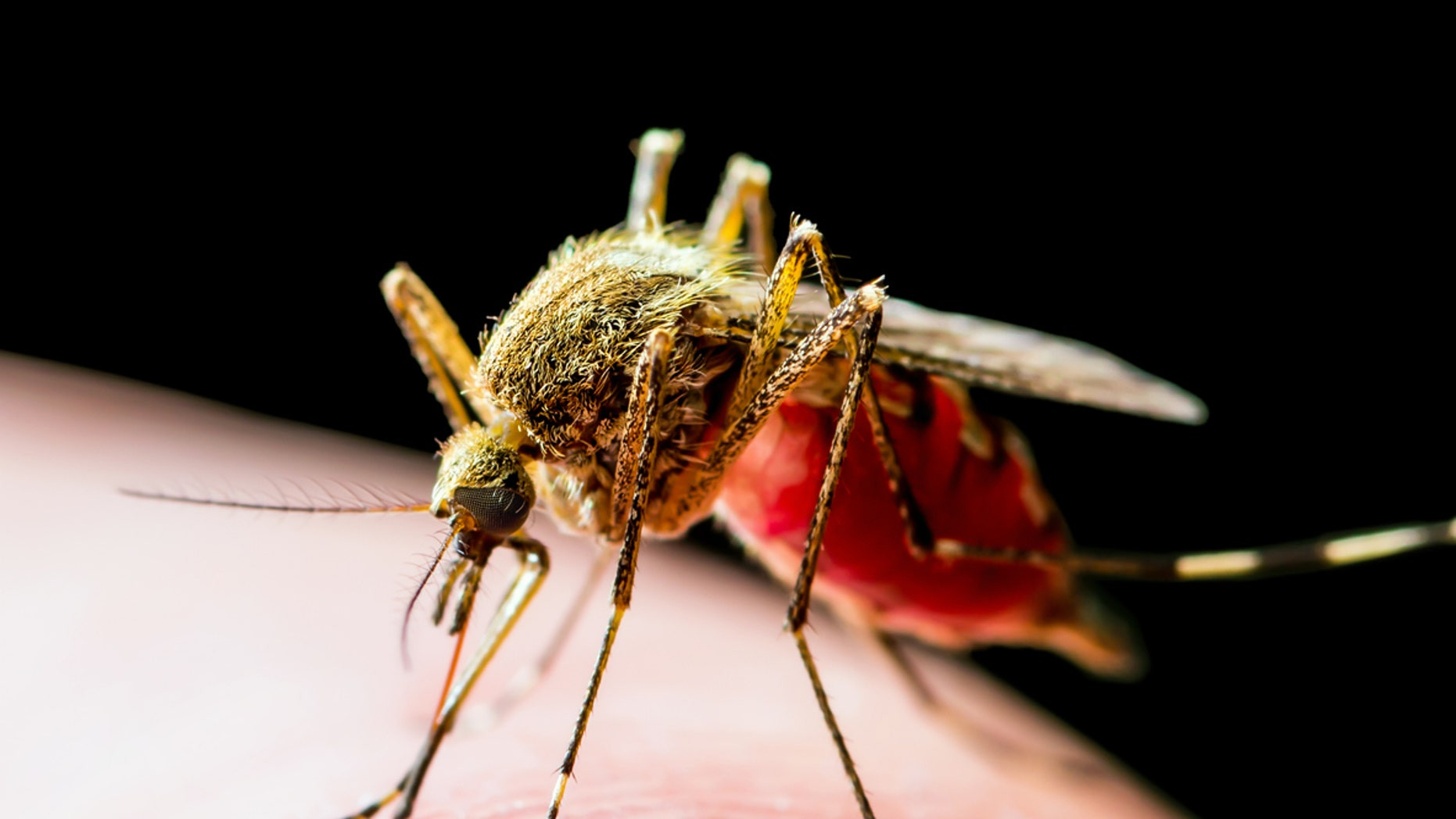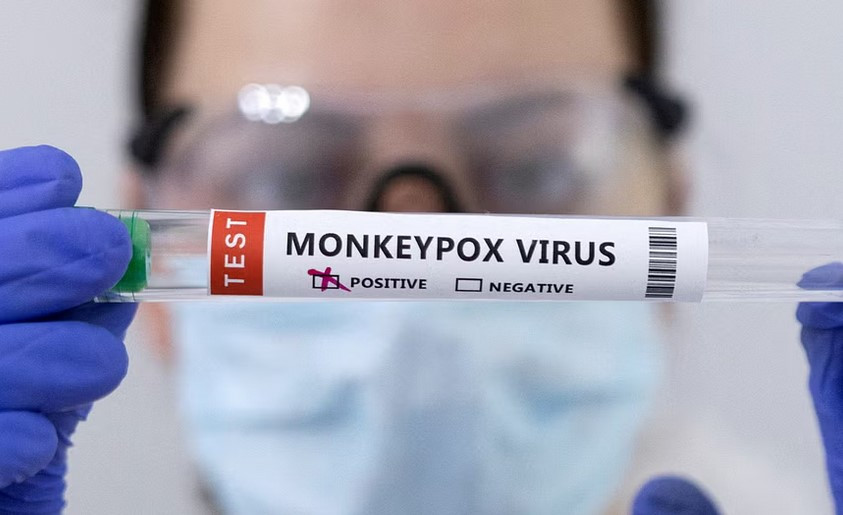A nine-year-old boy contracted an often-deadly disease during a in northern Ontario camping trip in July. The Canadian Medical Association Journal (CMAJ) detailed the boy's battle with the Powassan virus, which officials believe he contracted from a tick bite. Thankfully, he recovered despite becoming severely ill. The CMA said it was publishing the story in hopes of raising awareness of the virus to help speed up the diagnosis of patients in the future.
"Increased awareness of Powassan virus among clinicians in Canada will likely lead to increased identification of Powassan virus and other arthropod-borne infections, which should always be reported," the CMAJ story said.
The youngster landed in hospital in July after suffering from severe neck stiffness, fever and a headache for about one day. "Symptoms began one week after he attended a summer camping trip in northern Ontario," the story in the CMA Journal reported. "On arrival at the hospital, the patient was febrile (feverish) and appeared unwell, though he was hemodynamically stable and the neurologic exam was normal at the time."
He had no rashes and doctors suspected that he was suffering from meningitis. That was eventually ruled out through testing, along with several other possible conditions. "The patient remained persistently febrile with ongoing severe headache," the story said. "On the third day of hospital admission, the patient was transferred to our tertiary care hospital’s pediatric intensive care unit, because his level of consciousness was deteriorating."
At that point, he couldn't speak or respond to verbal commands and appeared to be in a coma. An MRI showed slowing brain activity, but no evidence of a brain seizure. More conditions – including Lyme disease – were ruled out. Samples were sent to Public Health Ontario, but results didn't come back before he recovered enough to leave hospital. He was given antibiotics to address brain swelling, "with notable improvement in his level of consciousness within 24–48 hours," the story said. "We discontinued antibiotics after a total of five days once bacterial cultures were found to be negative. The patient was subsequently transferred to the inpatient pediatric ward for 10 days for rehabilitation related to a persistent left-sided weakness."
Two months after he was discharged, "he had full neurologic recovery," the story said. "After discharge, Public Health Ontario notified us that serum antibodies to Powassan virus were detected."
Powassan is a tick-borne flavivirus first discovered in 1958 in Powassan, Ont., after being isolated from the brain tissue of a child who died from the virus. "Transmission to humans occurs predominantly via the bite of infected ticks … which become infected after feeding on deer, groundhogs, mice, squirrels or other rodents," the CMA story said. "Research in animal models has suggested that Powassan virus can be transmitted within 15 minutes of tick attachment."
It's a rare virus, with most cases occurring from April to November. From 2004 to 2022, the U.S. reported 288 cases of Powassan virus infection. Of those, 25 per cent occurred in children and 92 per cent of those infected had to be hospitalized. A total of 36 – or 13 per cent – of the patients died. "Only 21 cases have been reported in Canada since 2017, but a lack of clinical recognition, and hence testing, may result in underestimation of the incidence," the CMAJ story said. "Most patients experience flu-like symptoms lasting a few days; however, some patients will develop neuroinvasive disease presenting with symptoms characteristic of viral encephalitis, including fever, headache and altered mental status."
About 50 per cent of people who get the virus have long-term effects, "including headaches, altered mental status, and cognitive difficulties."
Preventing Tick Bites
Health Canada recommends taking precautions against tick bites when engaging in outdoor activities such as:
- Hiking
- Hunting
- Fishing
- Camping
- Walking the dog
- Golfing
The risk of acquiring Powassan virus is much lower than the risk of acquiring Lyme disease. However, people should still take steps to protect themselves from tick bites, particularly in areas where ticks are known to be prevalent.
Symptoms of Powassan Virus
Most people who are infected with Powassan virus are asymptomatic. However, some people may experience mild to severe symptoms, including:
- Fever
- Headache
- Nausea
- Vomiting
- Weakness
- Muscle and joint pain
In more severe cases, people may develop neuroinvasive disease, which can lead to meningitis and/or encephalitis. Symptoms of neuroinvasive disease can include:
- Confusion
- Loss of coordination
- Difficulty speaking
- Paralysis
- Seizures
- Coma
The Case Study
The latest edition of the Canadian Medical Association Journal (CMAJ.ca) features a case study report about a nine-year-old boy who was presented at the emergency department of an Ontario hospital in July. The child had a one-day history of fever, a stiff neck and headache, following a camping trip he took the week previous in Northern Ontario. There were no rashes or gastrointestinal issues. Blood samples were taken and numerous tests followed. Although meningitis was suspected, it was not the case.
As numerous other suspected disorders were tested and ruled out, the boy's condition worsened. Lyme disease was also ruled out.
"On the third day of hospital admission, the patient was transferred to our tertiary care hospital’s pediatric intensive care unit, because his level of consciousness was deteriorating. On examination, he appeared unwell, with blood pressure 137/61 mm Hg, heart rate 41 beats/min, and temperature 38.3°C," said the report.
As tests continued, the boy continued to have a fever and headaches, said the report.
The doctors even sent serum arbovirus serology samples to the Ontario Public Health laboratory, but results would not come back until after the patient was discharged.
"Given concern for potential autoimmune encephalitis, the patient received intravenous immunoglobulin at a dosage of 1 g/kg for two days, with notable improvement in his level of consciousness within 24–48 hours," the report said.
"We discontinued antibiotics after a total of five days once bacterial cultures were found to be negative. The patient was subsequently transferred to the inpatient pediatric ward for 10 days for rehabilitation related to a persistent left-sided weakness," the report continued.
Within two months, the boy had recovered.
Also, it was after the patient's discharge that Public Health Ontario notified the doctors that serum antibodies to Powassan Virus were detected in the samples that had been sent to the provincial lab.
The Importance of Reporting
The case of the nine-year-old boy highlights the importance of reporting Powassan virus and other arthropod-borne infections to public health agencies. Increased awareness among clinicians can help to ensure that these infections are identified and reported promptly, which can help to prevent the spread of disease and to ensure that patients receive timely and appropriate treatment.
Conclusion: A Tick-Borne Threat
The Powassan virus is a serious threat to public health. While rare, it can cause severe illness and even death. The case of the nine-year-old boy serves as a reminder of the importance of taking precautions to prevent tick bites and of seeking medical attention promptly if you experience symptoms of Powassan virus. By raising awareness of this potentially deadly virus, we can help to protect ourselves and our communities from its harmful effects.
Read the full CMAJ report here.

















